
In the heart of Beirut, on a street that became an integral part of the collective memory of many Arabs, stood Khaled Alwan, on September 24, 1982, and welcomed Israeli invaders to Beirut with bullets shot at point blank.
Believing they had conquered Beirut, the first Arab capital to be invaded, Israeli soldiers believed they owned the city and broke its will. However, a man, with a gun, at a coffee shop made a loud proclamation: Resistance is Beirut’s popular choice.
Alwan who had chosen the path of either ‘Resistance or Martyrdom until Liberation’, had taken it upon himself to proclaim Beirut a beating heart of Resistance against Israeli occupation. Much was written and said about what was later known as the Wimpy Operation, but what remains today is the legacy of the operation.
Resistance is Beirut’s popular choice
On June 6, 1982, “Israel” invaded Lebanon following a series of confrontations that had not stopped since the Zionist occupation of Palestine in 1948. By September 15, Israeli occupation forces had made their way to the border of Beirut, at a time when the ICRC marked the civilian death toll during the Israeli invasion of Lebanon as between 15,000 to 20,000 people.
During that time, Lebanon was divided between East and West as the civil war raged in the country and the confrontation line divided Beirut. “Israel” managed to invade West Beirut, however, East Beirut at the time was also facing the consequences of the Israeli plan to fragment Lebanon even further and occupy it, similar to Palestine.
On August 23, 1982, Bachir Gemayel, a close Israeli ally at that time, was controversially elected President of the Lebanese Republic “on top of an Israeli tank,” as the saying goes in Lebanon. Soon after, and before he assumed power, Gemayel was assassinated on September 14 by Syrian Socialist National Party (SSNP) member Habib Shartouni who considered Gemayel a traitor for being allied with the enemy, occupier of Palestine, and invader of Lebanon.
Hours after the official announcement of the assassination of Gemayel, “Israel” invaded what was deemed at that time as West Beirut. The Washington Post wrote, “Observers suggested last night that the Israelis were intent on occupying all of the capital.” The WashPo had also underscored that Israeli soldiers claimed to have been faced with little Resistance.
The deluded Israeli soldiers believed themselves conquerors but quickly realized they were facing political opposition and that Resistance was the popular choice of most people who walked the streets of Beirut.
How it went down
On September 24, 1982, just about 10 days after the Israelis made their way into West Beirut, Khaled Alwan, alongside a small group of his friends, made their move.
In an exclusive interview with those who were present with martyr Alwan on that day, Al Mayadeen uncovered in 2022 the details of the operation.
One of martyr Alwan’s comrades told the story as such:
“We were in one of the bingo shops on Hamra Street, and we were sitting with the martyr, may God have mercy on him, Khaled Alwan, and with us are some brothers who are currently in Lebanon, including W.H. and M.A., whom I cannot mention the names of given that they are currently in Lebanon serving in sensitive places.
They entered and told us that there was an Israeli Land Rover and an Israeli group outside in the Wimpy Café. We went out and monitored the situation in detail. There was an officer accompanied by two others drinking beer and coffee at the left entrance to the coffee shop. They had a Willys jeep equipped with a MAG machine gun.
Brother Khaled and I then entered. We kissed and said goodbye to each other and recited the Shahada.
I asked Khaled to stand in front of the existing Land Rover and cover me. He gave me a signal that the Mag was locked, so I told him let’s use the gun. I moved forward a meter or two, and the first officer was shot. He was wearing sunglasses and placing them on his forehead. He was hit directly in the face, and the two people who were with him were severely wounded.”
Then Alwan was able to withdraw safely from the scene, as was the case with the entire group of comrades he worked with. The Wimpy Operation marked a turning point, marking the start of a series of operations that the people of Beirut carried out against the Israeli occupation forces, forcing them to withdraw from Beirut only days after having invaded it.
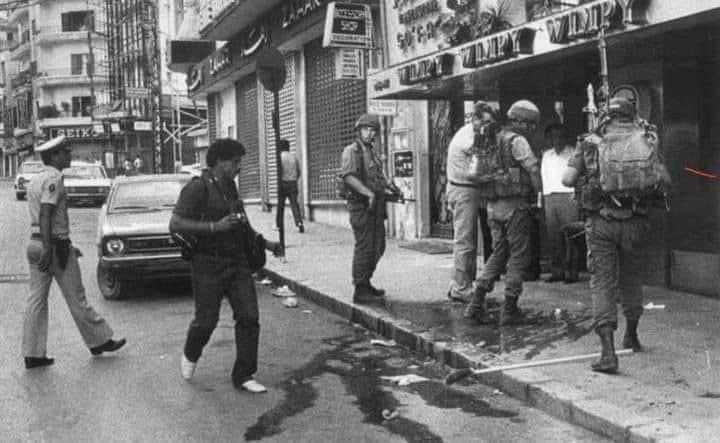
It is no easy decision for any invading military to withdraw from a city they had recently conquered, let alone “Israel” making the decision to withdraw from the first Arab capital it conquered, following al-Quds, just in the span of a few days.
This indicated that despite the fact that Alwan himself and the group that conducted the operation were members of the SSNP, they acted and represented the core conscience of the people of Beirut where Resistance was. In fact, a popular choice.
Alwan’s operation prompted the intensification of operations targeting the Israeli invaders. Multiple parties embraced the new wave of Resistance based on the will of the people of Beirut to make the Israeli invaders pay for what they had done ever since 1948.
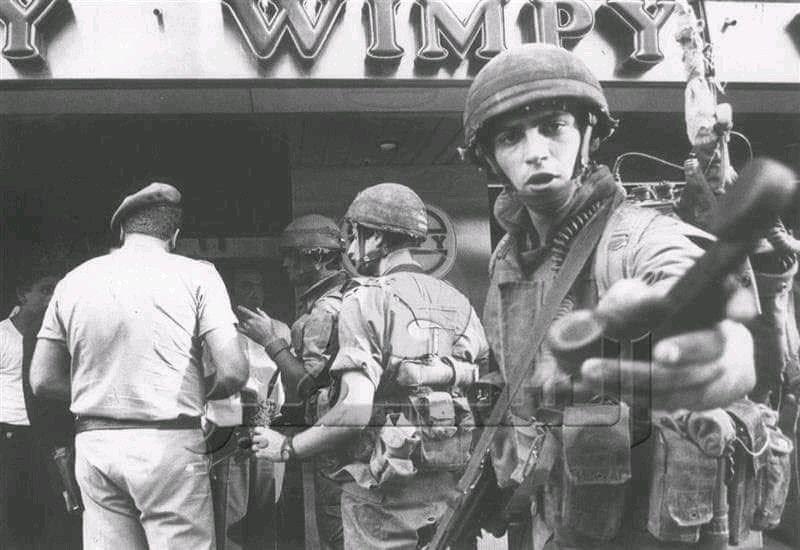
Even today, the legacy of the Wimpy operation echoes despite Alwan having been assassinated a few years later on his way from Aley to Beirut in 1985.
Wimpy Operation still echoes today
Every year on September 24, Hamra streets remember martyr Khaled Alwan who proved that Beirut could not be conquered because the Arab people residing in this city will always choose Resistance over surrender.
In 1991, film director Atef al-Tayeb made a movie about Naji al-Ali. The movie includes a scene wherein actors display the events of the Wimpy Operation. In this scene, and as the story of witnesses goes, Alwan saw the Israeli soldiers mocking the waiter saying they will not pay in Lebanese pounds and trying to force him to accept Shekel as payment, Alwan walks in and cuts them off saying, in a welcoming and hospitable tone, “how can we let you pay and you are our guests, leave the bill on me” and takes out his gun and shoots them.
This scene continues to circulate until today. From generation to generation, this scene marks in the hearts of many a moment of pride they have never experienced first-hand. It has become a symbol of “hospitality” toward the Israeli occupation underscoring that there is no flexibility in addressing the occupation and that the decision to remain steadfast in pursuit of armed Resistance until the complete liberation of Arab territories is a decision that has been passed on from one generation to another.
Renowned young caricaturist Mohammad Nouhad Alameddine also made a contribution in memory of the Wimpy Operation which was published initially in Al-Akhbar newspaper but soon after had taken over Arab social media platforms.
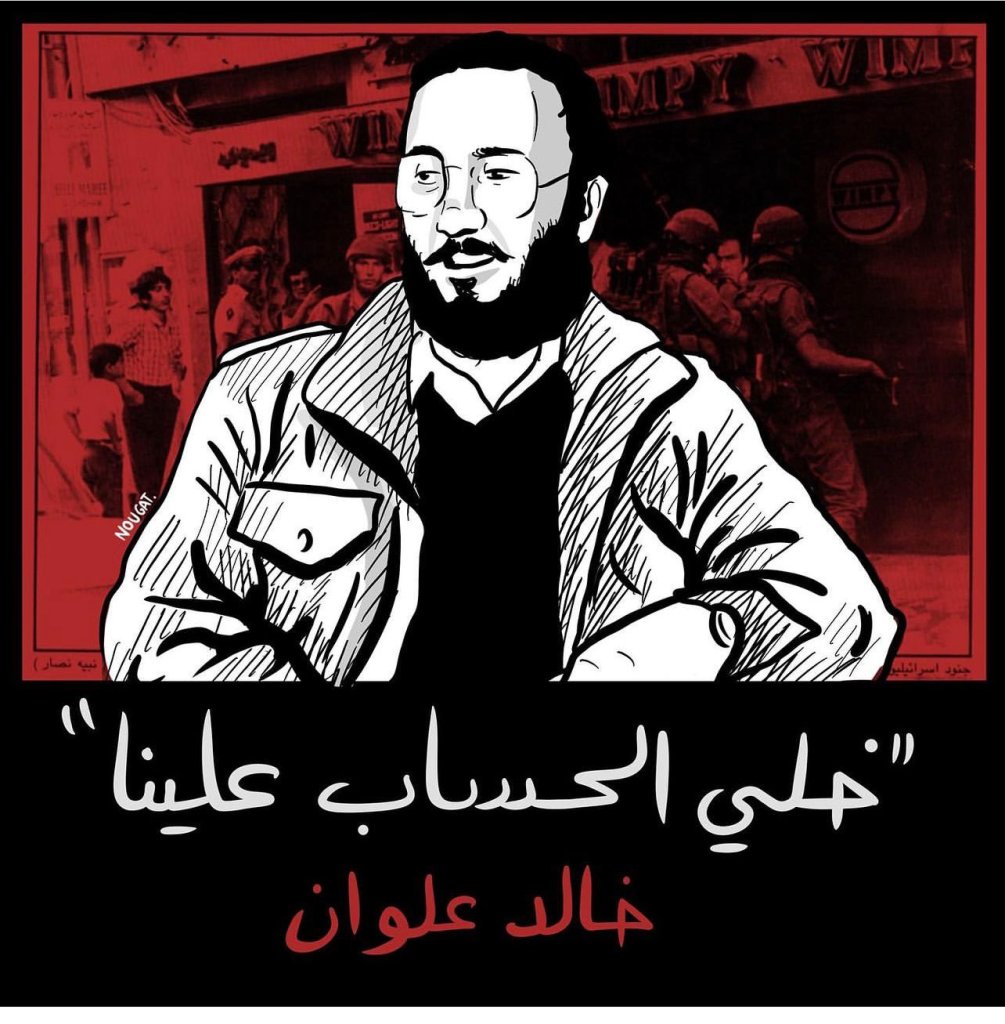
Lebanese Journalist described the Wimpy Operation as “6,000 kisses on the feet of 3,000 woman, children, and elders who were slaughtered in the camp of Sabra and Shatila. The Wimpy Operation was 30,000 flowers on the tombs of 30,000 martyrs who had risen in the war against the Israeli invasion in 1982. The Wimpy Operation resembled the dignity of an entire city and people….The Wimpy Operation is a prayer ritual and an olive bud sprouting with every confrontation, stone, bomb [targeting Israeli Occupation Forces] in Palestine.”
In the conscience of Beirut, the Wimpy Operation remains alive.
Please note that this article was published via Al Mayadeen English
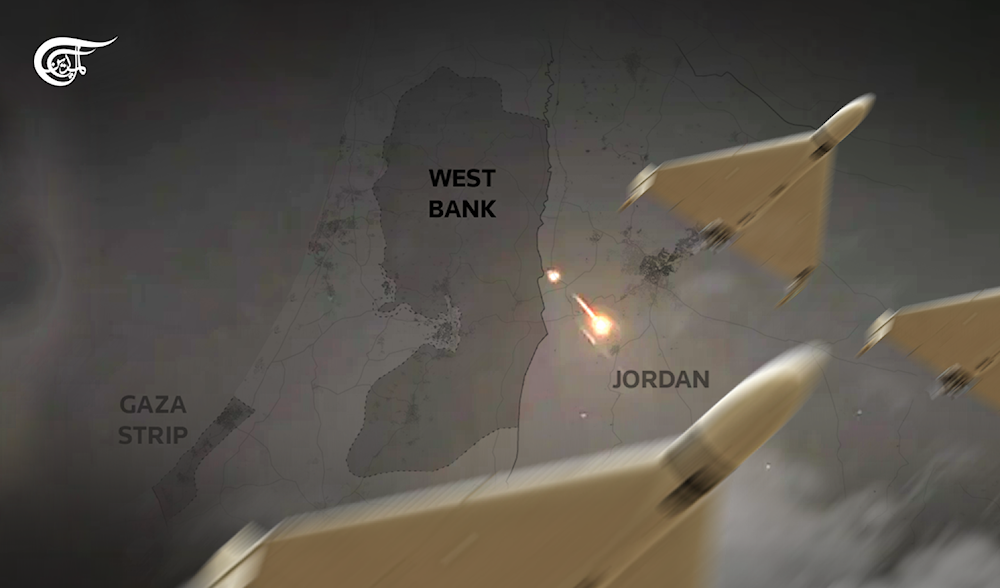
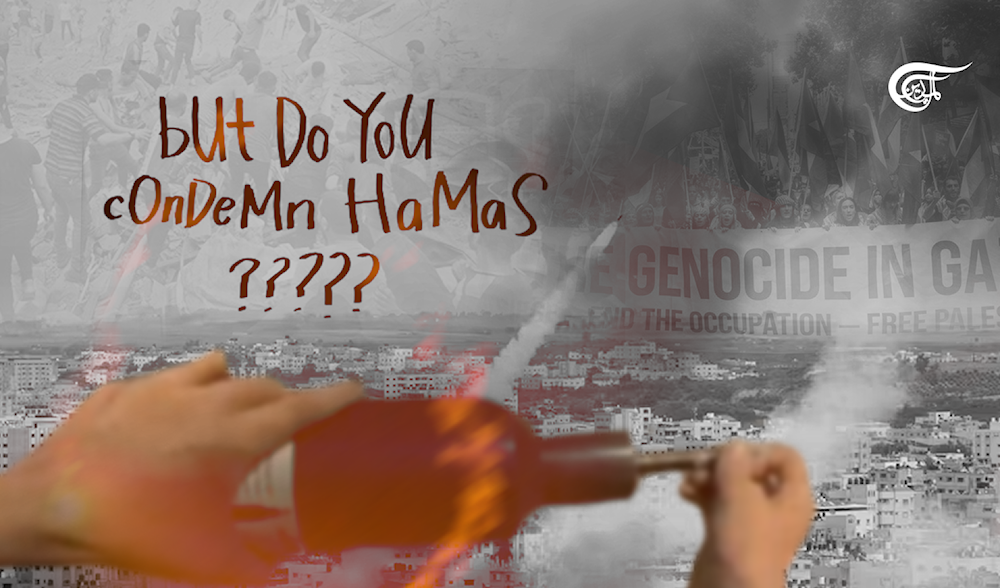
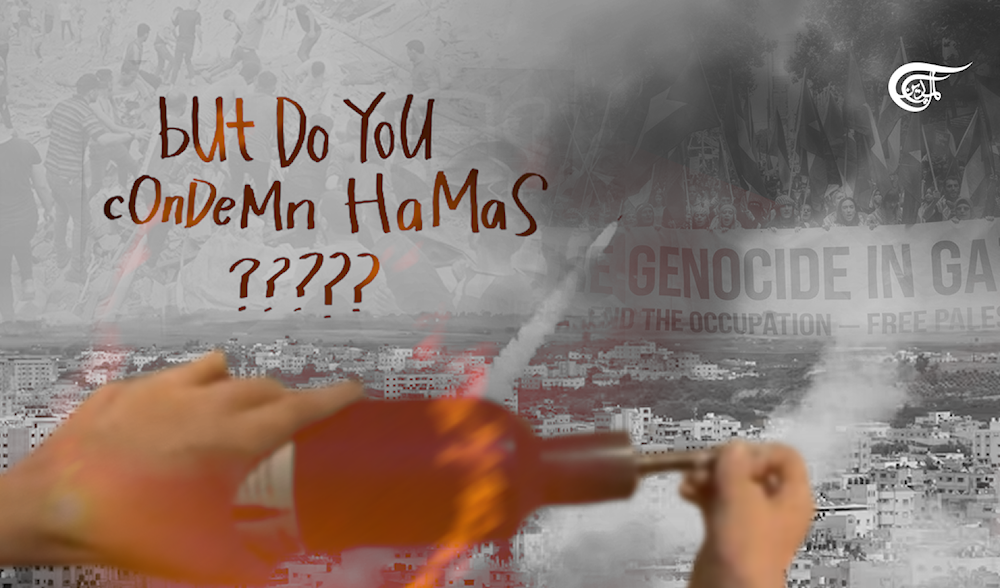
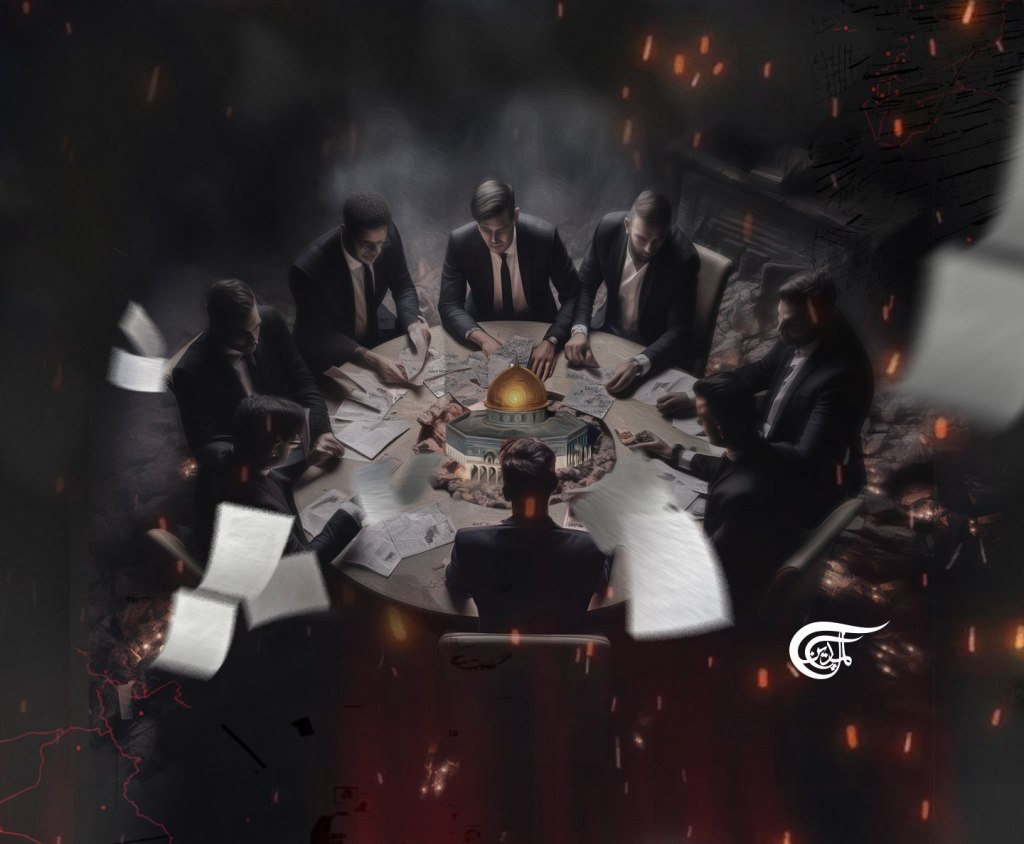
Leave a comment